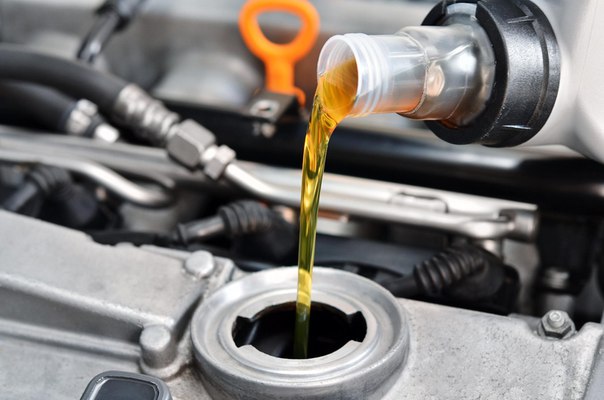We often hear negative reports related to additives. There are many special interest groups that say that they have real truths related to oil additives. In general, whether our car uses additives or not, it is important to make sure that all the basic functions are able to run properly. Even if we use additives, there should be clear and detectable benefits. Oil additives should be obtained from companies that are tested extensively. It is important to avoid additives that come without documentation and testing. It is easy for someone to take a regular engine lubricant and put some coloring to it, then the label is placed. It is important to make sure that there’s real test for the additive. This will make sure that the additive will really work and provide benefits. More importantly, the additive should be safe for our car. Improper additives could actually cause damages to our car. This is something that we need to avoid. Sellers of bad additives are similar to snake oil sellers who are hoping to sell their products to uninformed customers.
In reality, nearly all lubricants used in engines have some amount of additives. Even the best type of synthetic oil for lubricating purposes can’t reach and protect smaller areas. The additives should help us to solve the problem. Car engines have different temperature and operating procedure. It means that standard synthetic oil can’t be used properly for lubrication purposes. There are things that can go wrong without the use of additives, as an example, the engine could overheat, causing multiple damages to the entire system. A normal engine requires rich fuel-air mixture, so it can continue running. However, the system could work efficiently only if the engine reaches the proper temperature. Excessive richness will likely cause incomplete combustion. Partially oxidized hydrocarbons and soot could cause oxidation around the crankcase. There will also be varnish deposits and sludge can be formed inside the system. These dirty elements could cause valves and lifters in the hydraulic-based components to stick. The oil circulation can be interfered and the oil screen could be clogged.
Eventually, corrosive acids will form on cylinders, and the piston rings will wear out. The combustion could cause water vapour to condense. The presence of water inside the engine block could cause rust to develop. Obviously, there are plenty of bad things that can be averted by adding new substances. Additives are developed to address mechanical and chemical problems inside the car system. This is especially true because the car is often driven under severe conditions for many hours. Under certain conditions, it is actually impossible to continuously maintain a film of oil on the surface of moving parts. Additives could make sure that our car engine will remain working properly. Metal-to-metal contact can be cushioned properly by lubricants and this is only possible by the use of proper additives. Friction is among the most damaging factors in the mechanical world and its effect can be minimized through the use of additives.
























